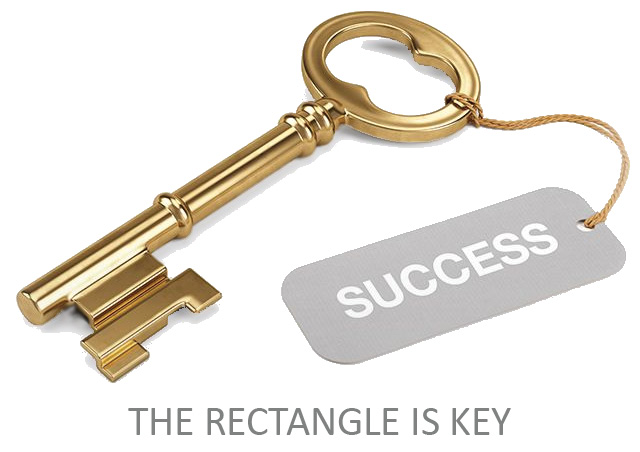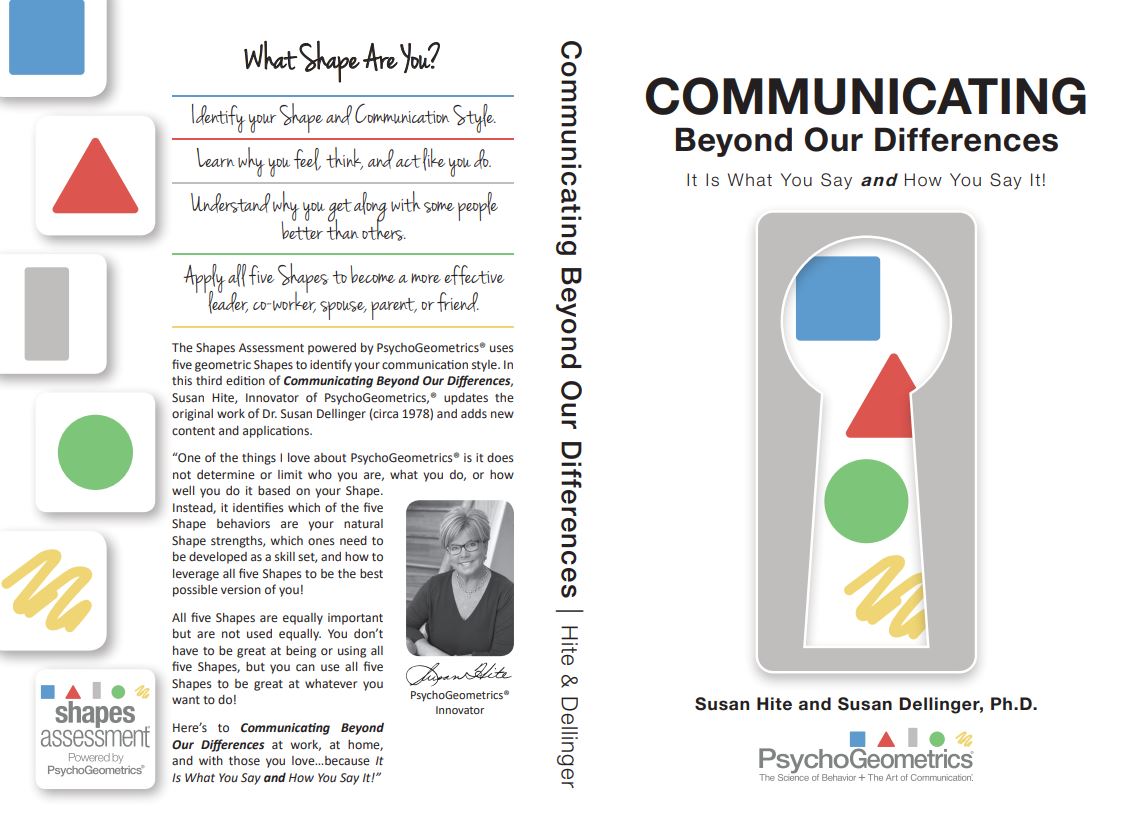Is there something you have always wanted to do, but you just haven’t had the time or money? Even if you did, does the thought of actually doing it feel overwhelming?
Perhaps you are in the last 10 years of your career, and you would like to share your wisdom with those who come along after you. Let's say you want to write a book, teach a class, or promote a virtual monthly series where people can ask you questions about your area of expertise. Or maybe you are in the midst of your successful career but not completely fulfilled. And yet, you aren't looking for a promotion or even a job change, you would just like to add something else to your life like art lessons, photography, a recreational sport, or joining a book club.
Sometimes we stop ourselves, or even significantly delay ourselves, from experiencing something that would bring us joy because we think we have to figure it all out first. But you don’t. You just have to take the first step. And when you do, you start learning what you need to know to take the second step and the third step and so on. Every step teaches us a lesson, such as:
- what to do
- what not to do
- how much or how often
- what to change or adjust
- how to budget time and money
- what to ask next
These lessons, or clues, help us know what step to take next. I have found that your Shape plays a significant role in exploring and experiencing something we keep saying we want to do, but have never gotten around to doing.

For example, if you are a primary Squiggle, you are more apt to just try it without having a plan in place. Sure it might take the Squiggle longer to get there, but the Squiggle has fun trying different things and different ways to experience joy. I call this proceeding by "trial and error." According to dictionary.com, this means "to experiment rejecting what does not work and adopting what does." Sounds like a nearly perfect "plan" for the spontaneous, go-with-the-flow, Squiggle! After all, the Squiggle might say, "It's the journey, not the destination!"
In contrast, this method would not sit well with the other primary Shapes, which includes the Box, Triangle, and Circle.
Note: The Rectangle is not a primary Shape. It is a transitional Shape that one temporarily, subconsciously, or intentionally uses to navigate through change.
The Box would consider the Squiggle's unorthodox approach to be an inefficient use of time. Besides, the Box rarely gets it wrong. That's because the Box doesn't make a move until they have a detailed, research-based approach that has a high likelihood of success. For example, let's say the Box does the research that shows it will take 10 hours and $100 a week to pursue and achieve a specific goal in one year. If the Box does not currently have 10 hours and $100 a week to spend, the Box will wait until they do. It doesn't naturally occur to the Box that they could adjust the length of time to reach the goal and instead spend five hours and $50 a week over two years, and so forth and so on.
The Triangle would not be patient with the Squiggle's "trial and error" process, plus there would be too many losses and "wrong moves" along the way. The Triangle plays to win, not to guess their way to the finish line. Typically the Triangle is either "all-in" or completely out. This means unless the Triangle is in a position to be "all-in," they typically won't entertain, at least naturally, the idea of exploring unless they know they can commit the time and resources required to "get it done" in a confident, fast-paced, and action-oriented manner.
The Circle is so deeply committed to their relationships and the people they love that to go off on a "Squiggle tangent" would mean ignoring the needs of others who may depend on them. To pursue something they have always wanted to do may even sound selfish to the Circle. Besides, chances are what they always wanted to do is take care of their family, be a good friend, or teammate. If there's something else besides that, the Circle is content to wait until the "right time" to pursue what that would look like.

As I underscore frequently, the Rectangle is recognized as the key to "Change, Growth, and your definition of Success," whatever that may be.
- If success is to maintain the job you have while pursuing a hobby you have always wanted, then that's your definition of success.
- If success is to be promoted to the next level, which gives you both personal and professional satisfaction, then that's your definition of success.
- If success is to have a healthy blend of work, home, and a hobby, then that's your definition of success.
The Rectangle, when embraced as a learned skill and used as it's intended for "Change and Growth," provides the opportunity to explore and consider the natural strategies of all Shapes, as well as the opportunity to utilize the traits, behaviors, and interactions of all Shapes, in an exploratory fashion. This ensures that you consciously consider the value and contribution each Shape plays in your quest to do something you have always wanted to do.
This is why I love Shapes! It's enabling and empowering. In fact, it becomes your superpower when you understand Shapes and how to leverage the Shapes to be the best possible version of you!
- We give you the knowledge and the skills.
- You bring the desire and provide your definition of success.
It works as long as you work it.
Don't know where to start? I recommend you start by reading our book, Communicating Beyond Our Differences. It's much more than "communication tips." It helps you understand why you think, feel, and act the way you do. It helps you discern between what you want and what you need to be successful in relationships at home, at work, and in life.
Use the access code Book25 and save 25% when you purchase today.

Click on this access code: Book25 and save 25% when you purchase today.
If you really want to go deeper, learn more about our Shapes Certification Online Course.

Susan Hite, CEO, PsychoGeometrics, The Science of Behavior - The Art of Communication
susanhite@psychogeometrics.com

